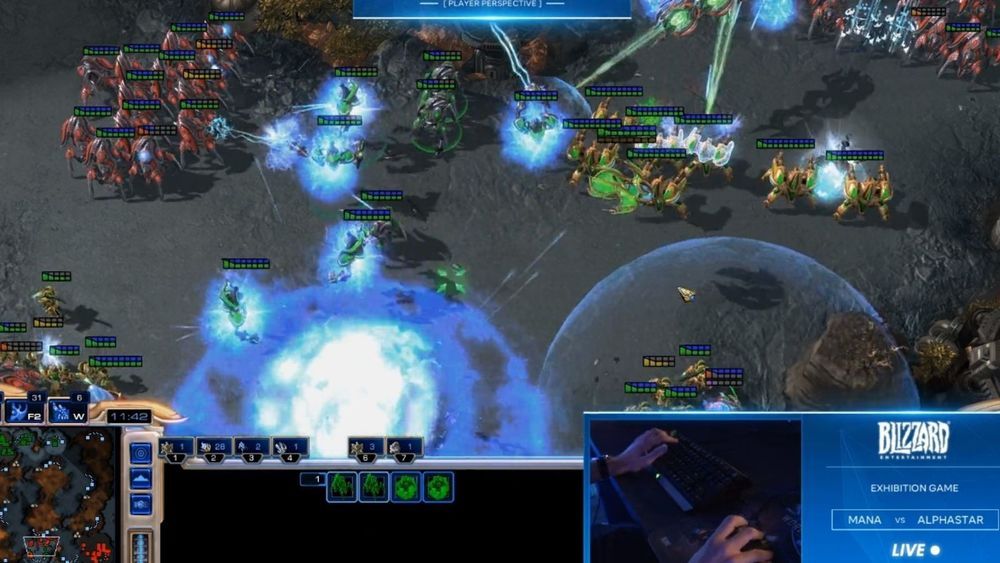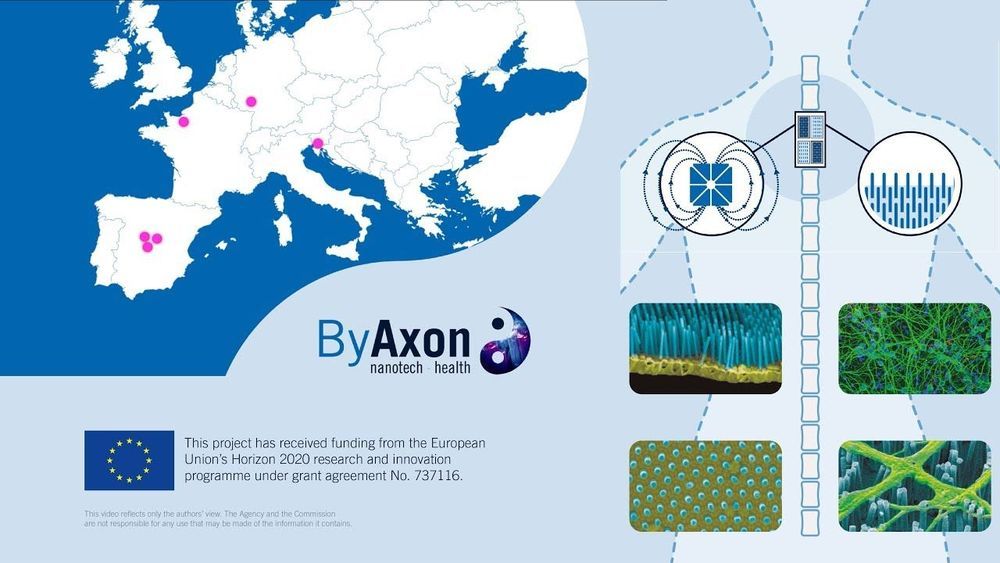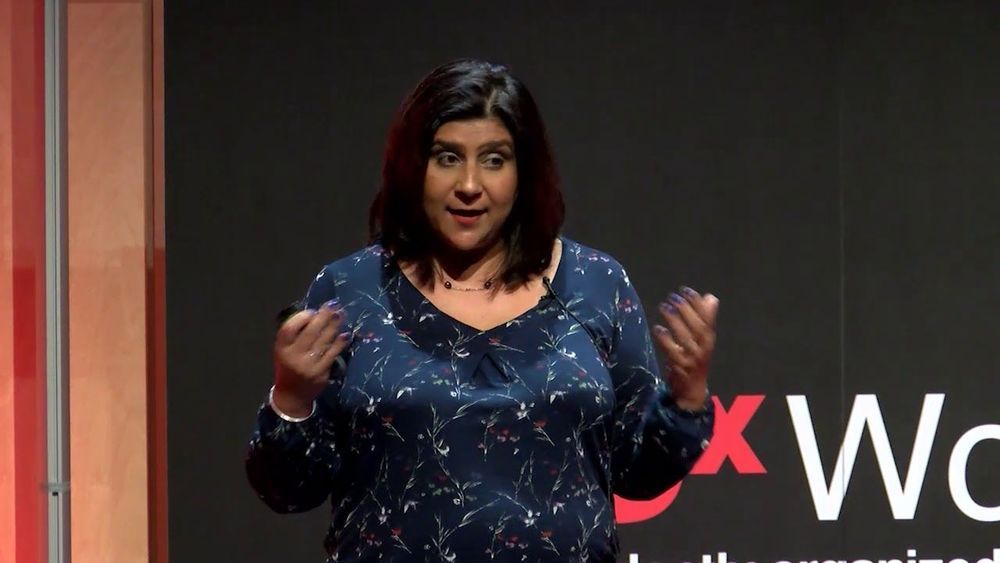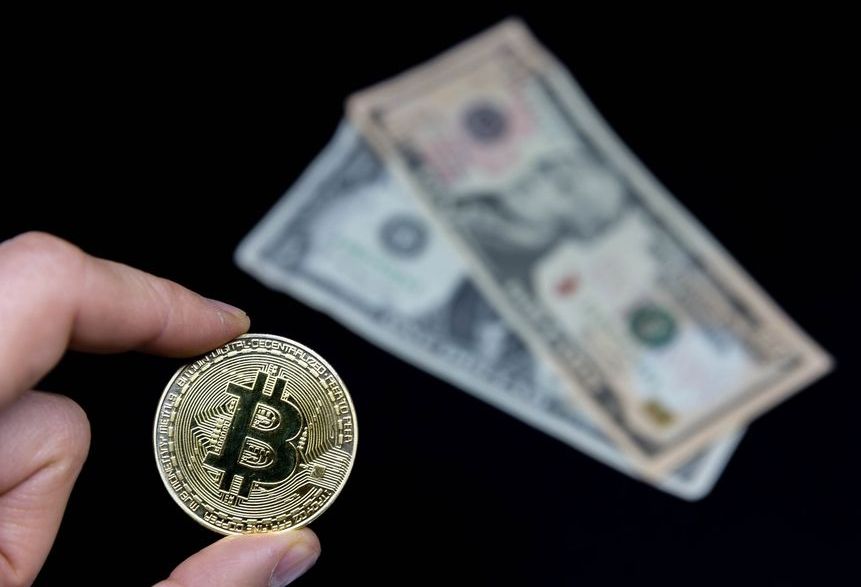A Chicago-based entrepreneur says many industrial power users can save money, get more electricity, and reduce greenhouse gas emissions by using the energy they already consume more efficiently. It’s called recycling energy — capturing waste heat and turning it into power.
Category: economics
The theme for this year’s gathering is Globalization 4.0 – how we’re handling the changes wrought on the world by the increasing interconnectedness of cultures and economies.
We must also reckon with the future. Digitization, Big Data, and the migration of IT services to the cloud are driving change now but we’re also starting to see the opportunities that will lead to Globalization 5.0.
These are the themes that will dominate the Davos gatherings of the future, says General Atlantic’s Bill Ford.
“Human players must explicitly manage an ‘economy of attention’ to decide where to focus the camera,” said the DeepMind team. “However, analysis of AlphaStar’s games suggests that it manages an implicit focus of attention. On average, agents ‘switched context’ about 30 times per minute,” the team wrote, which was similar to Komincz’s and Wünsch’s behaviors.
Ultimately, the DeepMind team concluded that AlphaStar won against both pros because of “superior macro and micro-strategic decision-making, rather than superior click-rate, faster reaction times, or the raw interface.”
Some people on his communications staff at the time were not pleased.
Sims writes that he was “getting antsy” in the room due to Trump’s abrupt question shortly before a televised phone call with the Space Station. NASA officials were believed to have gone to great lengths to coordinate with the Space Station, which could only be reached during a certain time due to “orbital mechanics.”
“All I could think about was that we had to be on camera in three minutes … And yet we’re in here casually chatting about shaving a full decade off NASA’s timetable for sending a manned flight to Mars,” Sims reportedly wrote. “And seemingly out of nowhere.”
Trump, who appeared “distracted,” reportedly asked Lightfoot: “But what if I gave you all the money you could ever need to do it?”
According to the World Health Organisation, up to a half-million people around the world suffer a spinal cord injury each year. Often caused by road traffic crashes, accidents or violence, the loss of motor control or paralysis significantly impacts quality of life and requires years of treatment and care. Spinal cord injury is also associated with lower rates of school enrollment and economic participation, and carries substantial individual and societal costs.
Current methods for spinal cord injury treatment involve cumbersome brain-machine interfaces, with many cables linking the patient and a computer to restore limited motor functions. Other methods to map brain activity, such as magnetoencephalography, require very large machinery and particularly low-temperature working conditions.
To improve the quality of life of those suffering a spinal cord injury, ByAxon is bringing together a consortium of researchers from across Europe (Spain, Italy, France and Germany) to devise a new generation of spinal cord treatments. The four-year project started in January 2017 and is seeking to create implants that restore sensory functions.
Ladies Monday with Cindy Rampersaud.
How do we prepare young people for jobs that do not yet exist?
Global changes in technology, population and urbanisation are impacting the educational landscape. The role of skill-based education is now critical for many economies. Getting it right is essential for the economic and social aspirations of individuals, communities, employers, economies.
Technological discovery is a key enabler that can provide successful careers through increased access to education for millions – solutions and application of learning that leads to innovation and growth. Cindy is SVP at Pearson Education. She is responsible for the development of Pearson’s UK technical and vocational qualifications. Cindy sits on the Commission for learning for life, work and a changing economy and is on the Board of The Children’s Society and Speakers Trust.
https://paper.li/e-1437691924#/
Amidst various sanctions by the United States, Russia might buy Bitcoins in the Billions as a way to mitigate these sanctions.
According to Vladislav Ginko who is a lecturer at the Russian Presidential Academy of National Economy and Public Administration, the Russian government which sits on $466 Billion of reserves is planning to invest heavily into Bitcoin. He told Micky that he believes the government could start investing Billions in Bitcoin as early as next month which could potentially trigger a bull run.
Since 2012, the U.S has imposed over 60 rounds of sanctions against Kremlin, many of which do not have clear paths to get lifted. Sanctions are a way to achieve certain objectives (mostly political) in a nonviolent way, Russia certainly does not take this lightly and will try to mitigate these sanctions in any way possible.
By giving $1,000 per month to a family.
- Democrat Andrew Yang is running for president of the United States. His long-shot campaign is centered on providing a universal basic income for Americans.
- Yang wants to help Americans who are losing jobs to automation, and he believes a basic income could create 4.5 million new jobs.
- The core of Yang’s campaign is the Freedom Dividend, which would give out $1,000 per month to every American between the ages of 18 and 64.
- Yang is testing the dividend this year in Goffstown, New Hampshire, where one family will receive $1,000 a month for a year. The family got the first payment on New Year’s Eve.
Presidential candidate Andrew Yang, a 43-year-old entrepreneur-turned-politician, is focusing his campaign on helping Americans who are losing jobs to automation.
Yang wants all Americans to benefit from a universal basic income, which would provide regular cash payments to people regardless of their employment status. Although he is a long-shot candidate, the Democrat said he believes so strongly in the need for a basic income that he is dedicated to running.
#MachineLearning and #ArtificialIntelligence are revolutionising the online world. They are capable of reducing costs, analysing data, recognising patterns and trends we can’t see with the human eye and making real- time decisions. Now, they are being used to help prevent financial fraud and they’re learning how to do it better every day.
Machine learning and artificial intelligence are revolutionising the online world. They are capable of reducing costs, analysing data, recognising patterns and trends we can’t see with the human eye and making real-time decisions. Now, they are being used to help prevent financial fraud and they’re learning how to do it better every day.
Currently it is estimated that cybercrime costs the global economy approximately $600 billion, with one of the most common forms being credit card fraud which has grown considerably with the increase in the online market. As more and more people chose to transact online it is becoming increasingly important for financial services to invest in better, faster and more accurate fraud detection and prevention techniques.
How our data helps protect us
Thanks to there being such a large amount of online transactions, this means that there is a huge amount of customer data available which can be studied and learnt by AI. They can learn how to identify valid credit card behavioural patterns and how to detect irregular behaviour which could be fraudulent.









